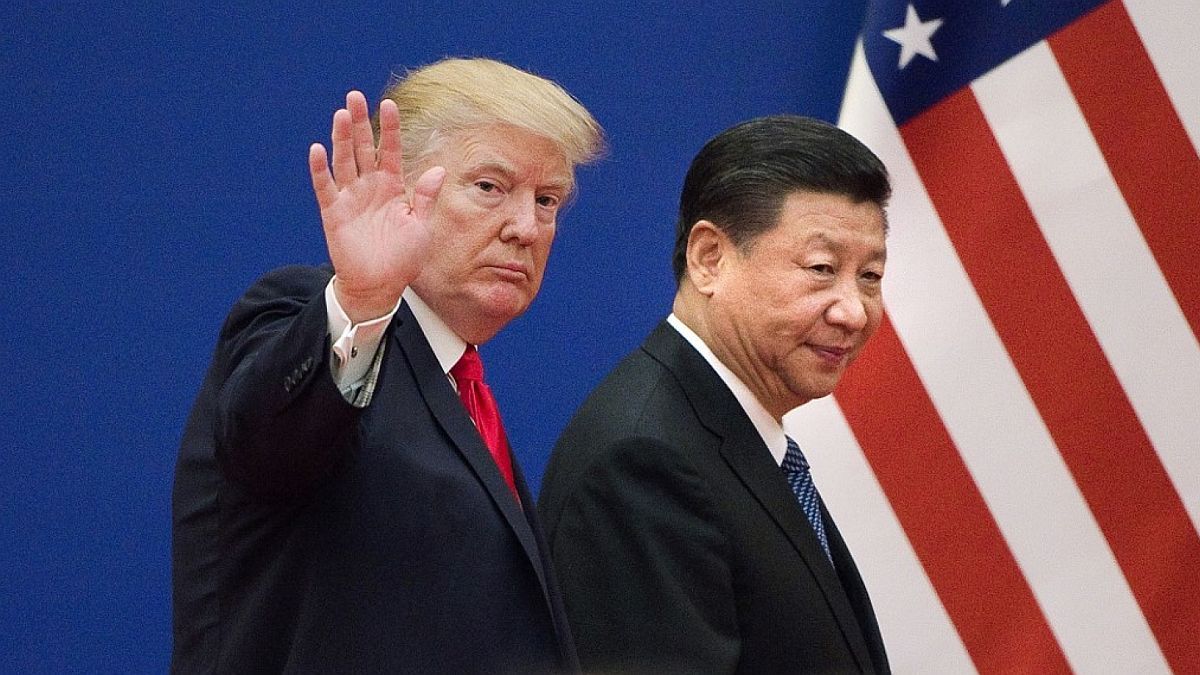Faced with the threat of an energy crisis fueled by Russian gas cuts, the ministers, meeting in Brussels, agreed on a draconian savings plan proposed last week by the European Commission (EC, the EU’s executive body). The content was modified, although its main lines remained the same.
The approved document provides that each country do “everything possible” to reduce natural gas consumption by at least 15% between August and March of next year in relation to the average of the last five years.
Only in case of “serious risk of shortage”, a mechanism will make this reduction mandatory, but the objective will be adapted to the realities of each country through a series of exemptions, something that facilitated the endorsement of governments that opposed it, such as the from Spain, Poland, Portugal and Greece.
“This collective commitment is very significant and will help us replenish the ‘stocks’ before winter” in the northern hemisphere, celebrated the president of the European Commission, Ursula von der Leyen.
Danger
Russia’s state-owned company Gazprom announced on Monday that it will cut Europe’s gas supply via the Nord Stream 1 pipeline to just 33 million cubic meters a day from today. This figure represents around 20% of the capacity of said infrastructure.
Russia alleges the need for maintenance of a turbine, a process that is complicated by Western sanctions, but the EU accuses the Government of Vladimir Putin of using its energy as a “weapon” in response to these measures, adopted by the invasion of Ukraine on 24 February.
A Kremlin spokesman said yesterday that the reduction in supply was due to Western sanctions taken against Russia after the invasion of Ukraine. “If it had not been for these restrictions, everything would have been completed within the usual timeframe, without reaching the situation we see today,” he asserted.
“The EU is united and in solidarity. This decision (on gas) made it clear that member states will oppose any Russian attempt to divide the EU by using energy supply as a weapon,” Czech Energy Minister Jozef Sikela said in Brussels.
His Luxembourg counterpart, Claude Turmes, commented in turn that reducing gas consumption is “the best way to deal with Putin’s blackmail with gas.”
Dissent
Of the 27 member states, Hungary was the only one to vote against the plan. “This is an unjustifiable, useless, inapplicable and harmful proposal,” said Foreign Minister Peter Szijjarto, whose government is close to the Russian.
The energy saving plan aims to join forces in case of an emergency to help, above all, Germany, which is highly dependent on this resource and whose industry is closely linked to those of the EU as a whole.
“If the chemical industry in Germany coughs, the entire European industry can stop,” warned the French Minister for Ecological Transition, Agnès Pannier-Runacher.
Until last year, about 40% of EU gas imports came from Russia. The specter of a total interruption of Russian hydrocarbon supplies would plunge the eurozone into recession, business organizations warned.
Violence
After more than five months of a conflict that has already caused thousands of deaths and millions of displaced people, Russia yesterday continued to bombard the east and south of the invaded territory, where it is centering its offensive, presumably with a view to annexation.
The Ukrainian authorities denounced “massive” bombardments near the port of Odessa and in the city of Mikolaiv, both on the shores of the Black Sea.
“In Odessa, residential buildings in coastal agglomerations were hit without leaving victims, according to the first information,” the Ukrainian army said.
The armed body also reported bombings in the Mikolaiv region, further east, where “the port infrastructure” was targeted.
These new attacks come after another on Saturday in Odessa, Ukraine’s largest port, just a day after an agreement was signed between kyiv and Moscow to export grain through “safe corridors” on the Black Sea.
The attack generated a wave of condemnations and raised doubts about the possibility of implementing the historic agreement, sponsored by the UN with the mediation of Turkey. On Monday, kyiv however assured that it hoped to resume exports “this week”.
In the east, three civilians have been killed in the past 24 hours in the Donetsk region, according to Governor Pavlo Kyrylenko.
In that region, which together with Lugansk makes up Donbas, Toretsk, Avdivka, Márinka and Krasnogórivka were also bombed yesterday morning, according to the same source. The official also reported attacks in Bakhmut and Sloviansk.
Source: Ambito
David William is a talented author who has made a name for himself in the world of writing. He is a professional author who writes on a wide range of topics, from general interest to opinion news. David is currently working as a writer at 24 hours worlds where he brings his unique perspective and in-depth research to his articles, making them both informative and engaging.




